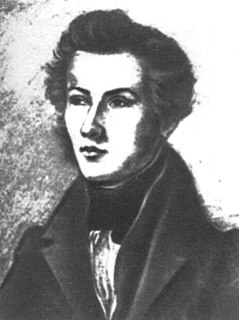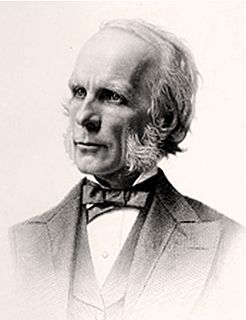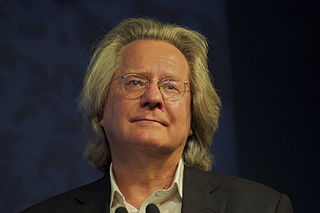A Quote by Jacques Ellul
Faith lived in the incognito is one which is located outside the criticism coming from society , from politics , from history , for the very reason that it has itself the vocation to be a source of criticism. It is faith (lived in the incognito) which triggers the issues for the others, which causes everything seemingly established to be placed in doubt , which drives a wedge into the world of false assurances.
Related Quotes
Therefore, criticism has to direct itself against itself, and against the mysterious Substance in which it has up to now hid itself. In this way criticism must resolve things such that the development of this Substance drives itself forward to the Universality and Certainty of the Idea of its actual existence, the Eternal Self-consciousness.
Faith is not an art. Faith is not an achievement. Faith is not a good work of which some may boast while others can excuse themselves with a shrug of the shoulders for not being capable of it. It is a decisive insight of faith itself that all of us are incapable of faith in ourselves, whether we think of its preparation, beginning, continuation, or completion.
My whole worldview has changed because of the work that I do. Specifically, the way in which I appropriate my own faith as a Christian, and the way in which I think about the faith and life of others who are very different than myself. That mutuality of regard is how we deal with difference and diversity in the world.
Ours is an age of criticism, to which everything must be subjected. The sacredness of religion, and the authority of legislation, are by many regarded as grounds for exemption from the examination by this tribunal, But, if they are exempted, and cannot lay claim to sincere respect, which reason accords only to that which has stood the test of a free and public examination.
Socrates famously said that the unconsidered life is not worth living. He meant that a life lived without forethought or principle is a life so vulnerable to chance, and so dependent on the choices and actions of others, that it is of little real value to the person living it. He further meant that a life well lived is one which has goals, and integrity, which is chosen and directed by the one who lives it, to the fullest extent possible to a human agent caught in the webs of society and history.
I take criticism so seriously as to believe that, even in the midst of a battle in which one is unmistakably on one side against another, there should be criticism, because there must be critical consciousness if there are to be issues, problems, values, even lives to be fought for... Criticism must think of itself as life-enhancing and constitutively opposed to every form of tyranny, domination, and abuse; its social goals are noncoercive knowledge produced in the interests of human freedom.
For the sacrificed, in the hour of sacrifice, only one thing counts: faith-alone among enemies and skeptics. Faith, in spite of the humiliation which is both the necessary precondition and the consequence of faith, faith without any hope of compensation other than he can find in a faith which reality seems so thoroughly to refute.








































